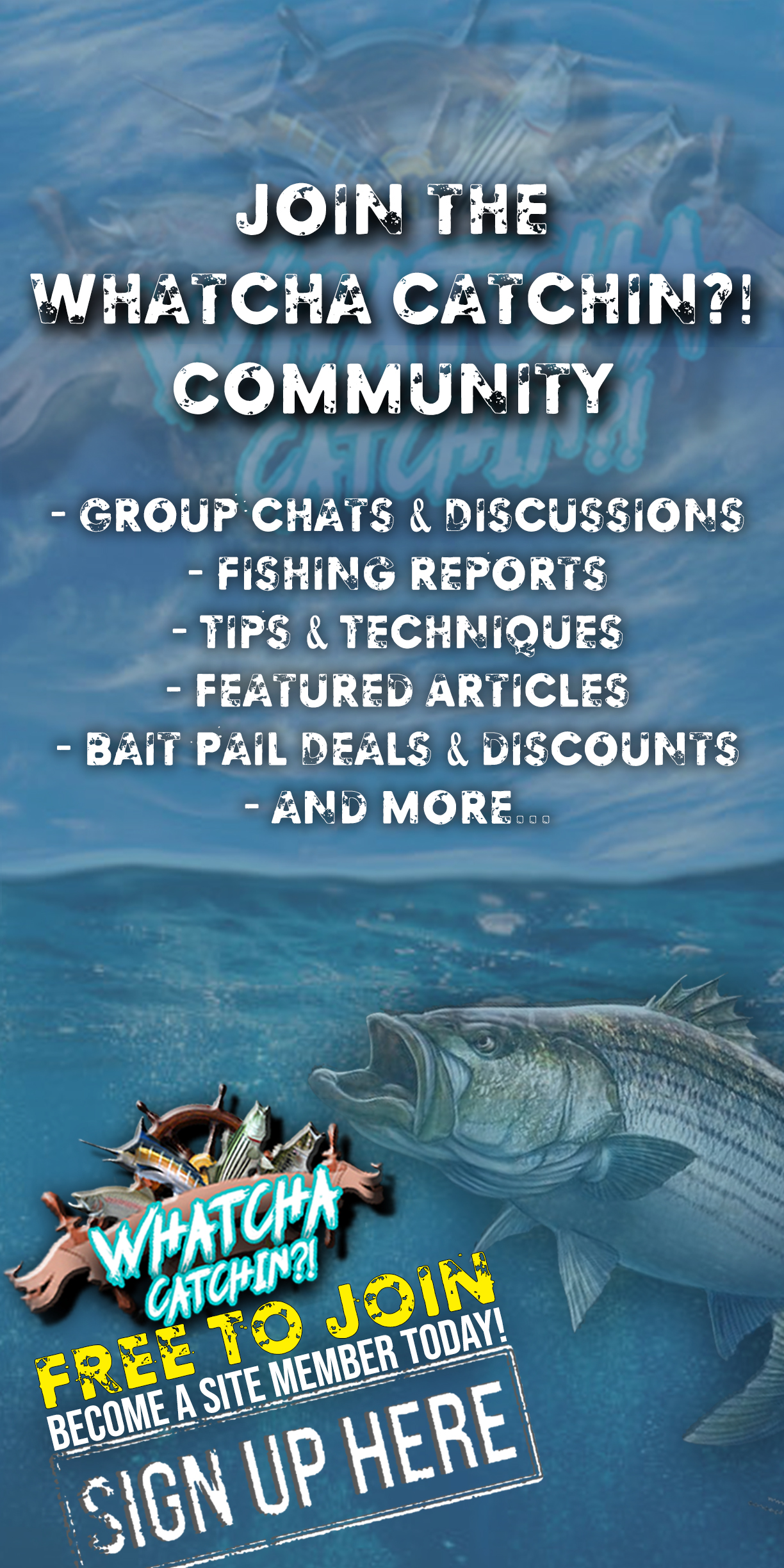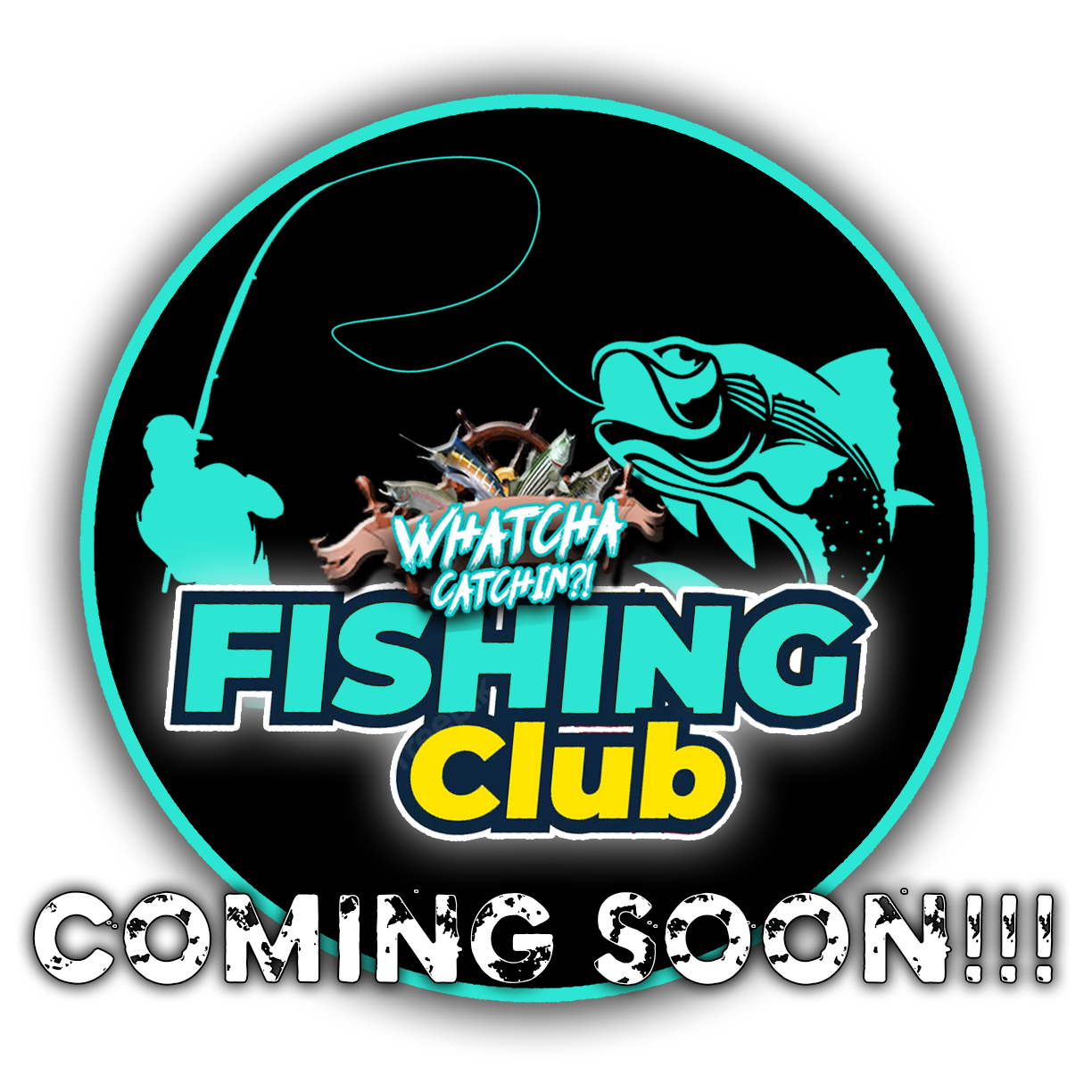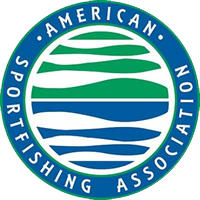WASHINGTON, D.C., – The U.S. House Committee on Natural Resources, Subcommittee on Water, Wildlife and Fisheries today held an oversight hearing, “Examining the impacts of the National Oceanic and Atmospheric Administration’s (NOAA) proposed changes to the North Atlantic Right Whale Vessel Strike Reduction Rule,” welcoming impacted stakeholders from the $230 billion recreational boating and fishing industry to testify on the devastating impacts NOAA’s proposed vessel speed restrictions would have on businesses, jobs, and coastal recreation across Atlantic seaboard.
The Bureau of Economic Analysis, within the U.S. Department of Commerce, finds the recreational boating and fishing industry is the single largest contributor to the nation’s $862 billion outdoor recreation economy. Despite this, NOAA is proposing sweeping changes to its existing vessel speed rule that will have drastic economic consequences and safety implications for the boating and fishing community, including:
- A mandatory 10-knot (11 mph) speed restriction to include vessels 35 feet and larger (down from 65 feet).
- An expansion of the existing Seasonal Speed Zones (SSZ) to span huge swaths of the Atlantic Ocean, from Massachusetts to central Florida.
- A 10-knot speed restriction up to 90 miles out from shore and in some instances, for up to 7 months of the year.
NOAA’s proposed expansion is a flawed rule that poses drastic economic consequences and boater safety concerns without offering a viable, long-term solution to protect the North Atlantic right whale. Instead, the rule expansion would put $84 billion in economic impact and 314,000 jobs from the recreational boating and fishing industry in Atlantic coastal states in jeopardy, and neglects a balanced, technology- and data-driven approach to protect this endangered species.
Today’s hearing shined light on the many glaring inaccuracies and false assumptions NOAA made when putting forth its proposed rule changes. The recreational marine industry is calling for NOAA and Congress to work with the industry to identify a balanced, data-driven and innovative approach to protecting both the North Atlantic right whale and coastal communities, while maintaining public access to our nation’s shared waterways.
RECREATIONAL BOATING AND FISHING STAKEHOLDERS APPLAUD HOUSE NATURAL RESOURCES SUBCOMMITTEE MEMBERS FOR SHINING LIGHT ON DANGEROUS SPEED RESTRICTIONS IN ATLANTIC OCEAN
“Recreational boaters and anglers are longtime conservationists who share the goal of protecting the North Atlantic right whale and our ocean ecosystems. We’re committed to investing in technologies that do just that. NOAA’s proposed rule would be the largest restriction of Americans’ shared access rights to public waters, would put boaters at risk on the water, and decimate tens of thousands of businesses in coastal communities along the Atlantic seaboard,” said Frank Hugelmeyer, president and CEO of the National Marine Manufacturers Association (NMMA). “Marine mammal protection, economic prosperity and access to our cherished waters can coexist. It’s a false choice to make Americans choose one over the other. Innovative technologies, real-time tracking and monitoring tools offer a more viable solution to protect all whales while allowing for continued recreational marine-related economic contributions along the East Coast.”
“As America’s original conservationists, recreational anglers ardently support conserving the North Atlantic right whale; we value their role in the marine ecosystem. When we are on the water and we see a whale, what do we do? We stop our engines, hug our children and marvel at God’s amazing creation,” said Jeff Angers, president of the Center for Sportfishing Policy (CSP). “What we cannot support is shutting down public access to the Atlantic Ocean. Slowing small recreational boats to 11 mph for a one-in-a-million chance of a vessel strike is not how we responsibly manage America’s natural resources. Our nation’s top marine scientists at NOAA can and must do better. We are delighted to see the attention of Congress on this massive federal rule making.”
“We appreciate the House Natural Resources Committee’s exploration into the important issue of right whale vessel speed restrictions,” said Mike Leonard, vice president of government affairs for the American Sportfishing Association (ASA). “Policy issues are often condensed into short sound bites, but this is an incredibly complex issue that warrants deeper investigation. The sportfishing industry recognizes we have a responsibility to help conserve right whales, but NOAA’s deeply flawed proposed vessel speed rule is not the answer. Hopefully today’s hearing helped bring to light our numerous legitimate concerns and provides an opportunity for coordination on more viable solutions going forward.”
“We thank the House Natural Resources Committee for investigating the impacts of NOAA’s proposed changes to the North Atlantic right whale vessel strike reduction rule. We have several concerns for human safety under the proposed vessel speed restrictions,” said Chris Edmonston, vice president of government affairs for Boat Owners Association of the United States (BoatU.S.). “Depending on the sea conditions, NOAA’s 11 mph speed restriction is less than optimal for most recreational boats, as operating at lower speeds can have a negative impact on visibility, the stability of the vessel, and also adversely affect crew safety. We encourage NOAA to work with the boating community to come up with solutions that protect both whales and boaters.”
“In considering NOAA’s proposed 10-knot speed restrictions from Massachusetts to central Florida, it is crucial to recognize the significant role charter operators like myself play in facilitating public access to our marine resources. By providing the opportunity to individuals who do not own boats to participate in recreational fishing, we contribute to the broader goal of promoting sustainability, supporting local economies, and reducing reliance on imported seafood. Under the proposed rules, our boats over 35 feet would essentially be unusable for approximately seven months of the year,” said Captain Fred Gamboa, owner and operator of Andreas’ Toy Charters and a witness at the hearing today. “By pooling our collective resources and expertise, we can foster an environment of collaboration and creativity to develop solutions that protect endangered whales while minimizing adverse impacts on boaters. This is not a binary problem where we must choose one side over the other.”
About
The Center for Sportfishing Policy works to maximize opportunity for saltwater recreational anglers by organizing, focusing and engaging recreational fishing stakeholders to speak with one voice to shape federal marine fisheries management policy. For more information on CSP and its partners, visit www.SportfishingPolicy.com.










